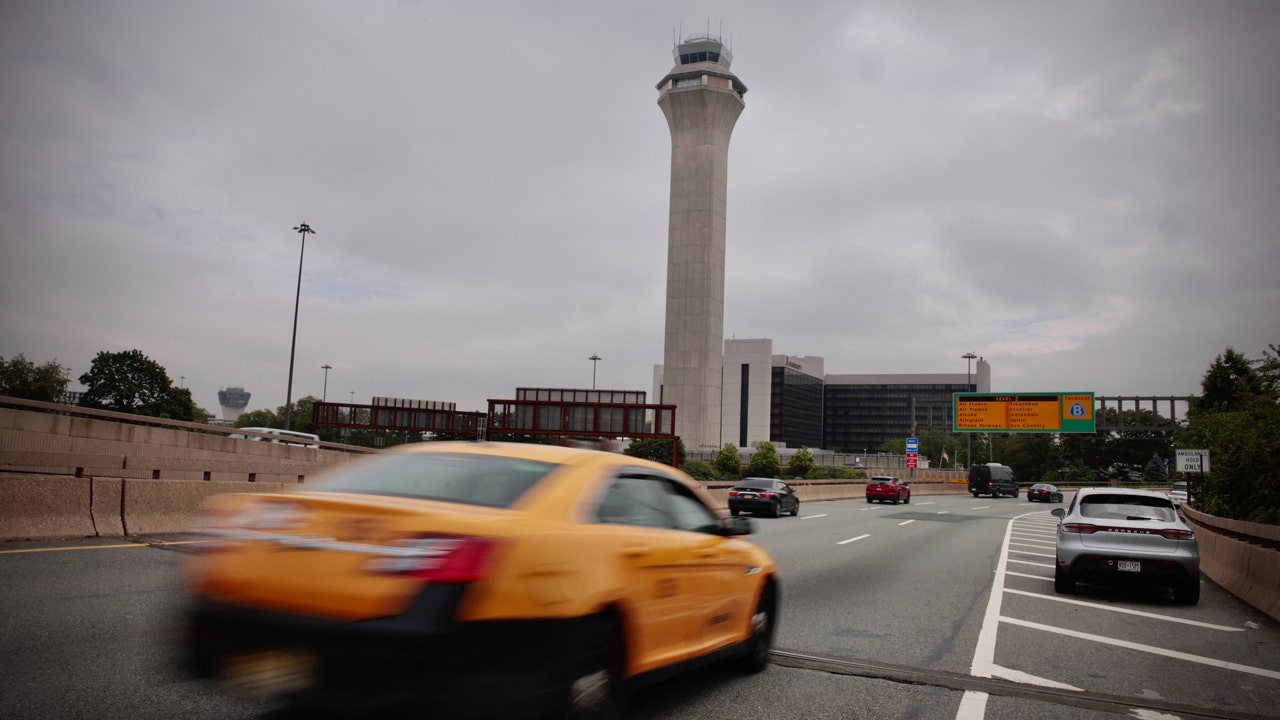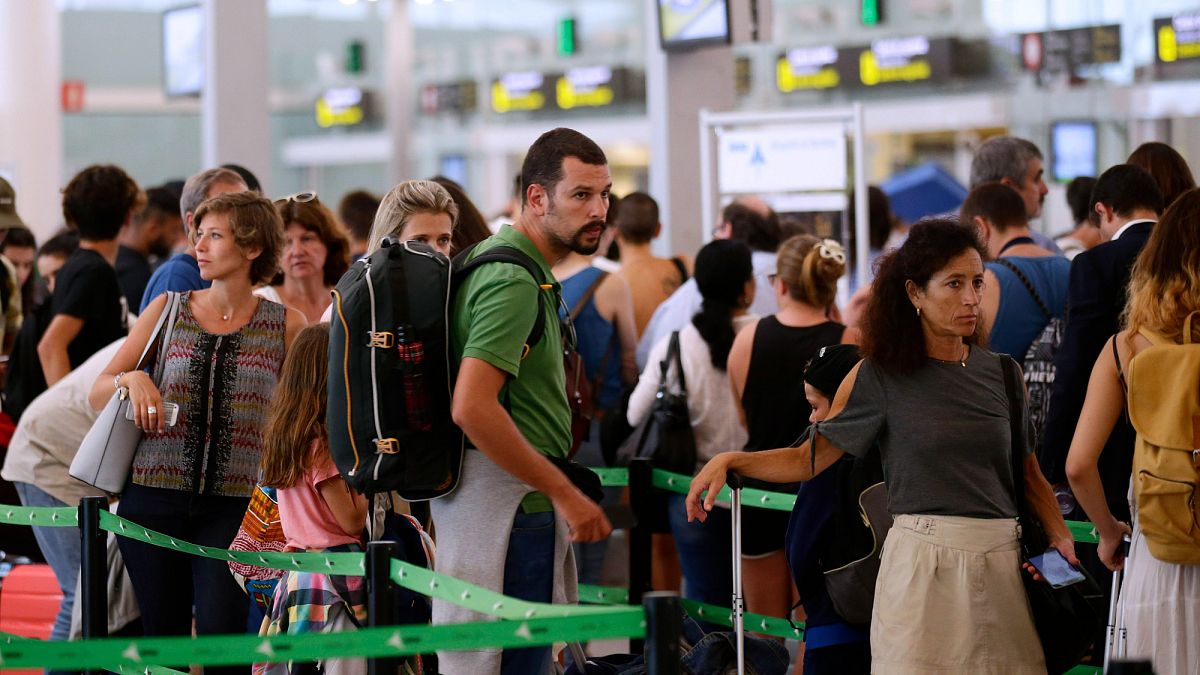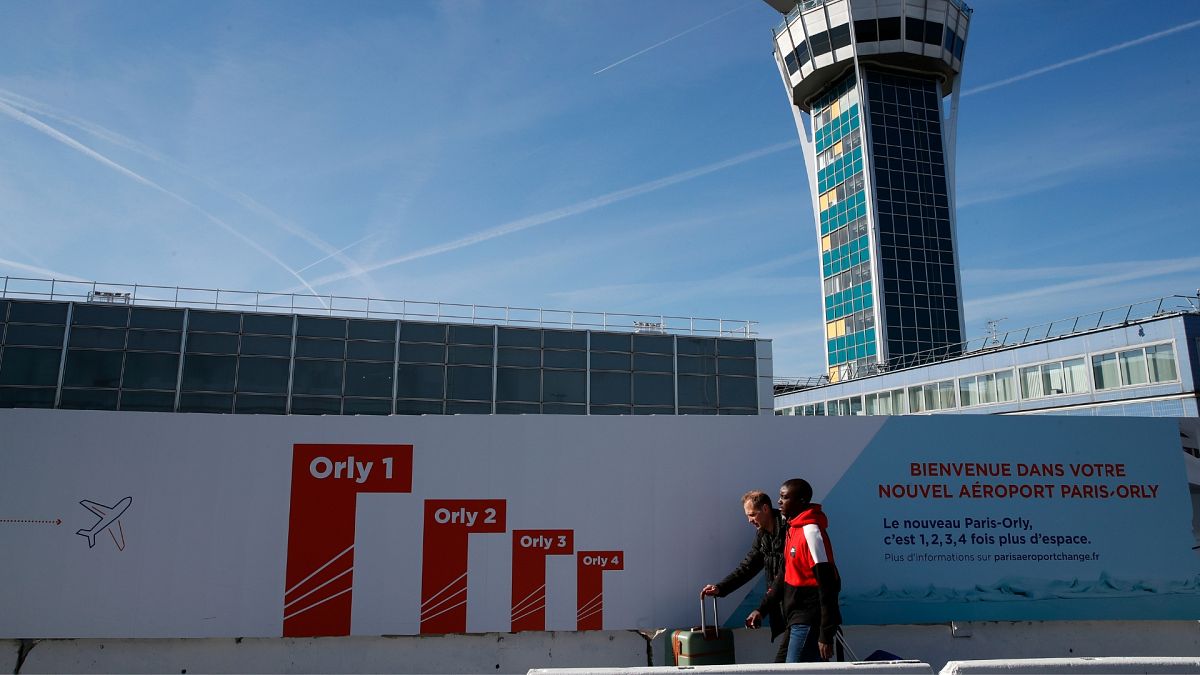British holidaymakers will soon be able to use e-gates at more EU airports, the UK government has announced.
It comes as part of negotiations between the UK government and the European Union to finalise a ‘post-Brexit reset deal’.
It means British passport holders will no longer have to wait at manned desks and will instead be allowed to use fast-track e-gates usually reserved for EU or European Economic Area citizens.
EU Relations Minister Nick Thomas-Symonds said this would give British travellers “more time to spend on holiday or work trips […] doing what you want, not being stuck in queues.”
The UK government said the move would end “the dreaded queues at border control.”
UK travellers have to join ‘other nations’ queue at EU airports
Following Brexit, UK citizens forfeited their privileged status when travelling to EU countries.
They now fall into the ‘visa-exempt third-country nationals’ category – the same classification as travellers from dozens of countries, including Australia, Canada, New Zealand and Singapore.
This has meant British travellers must join the ‘other nations’ queue at border control rather than using the expedited EU lanes.
The requirement to check that British travellers meet entry conditions is a significant obstacle to allowing them to use the fast-track lanes.
EU border control has to verify that UK travellers are not in breach of the 90-day stay limit in 180 days and that they have the means to return to their country of origin, i.e. a flight ticket out of the EU.
Frontier officials must also stamp the passenger’s passport.
This change often translates to extended waiting times, especially at busy European airports like Amsterdam Schiphol, Milan Malpensa, and Paris Charles de Gaulle.
Waits exceeding an hour have become commonplace, especially when arriving shortly after large international flights.
These delays affect not only entry into EU countries but also departure, as British travellers must undergo exit checks that sometimes result in missed flights due to lengthy queues.
EU airports introduce e-gates for third-country nationals
A compromise has already been found in many EU airports where dedicated ‘third-country national’ e-gates have been installed.
Once the traveller passes through the gate, there is a brief check by border officials who also stamp passports.
This system is already in place across Italy, including Venice Marco Polo and Rome Fiumicino, as well as at Amsterdam Schiphol and Lisbon.
New pet passports will make it easier for Brits to bring pets into EU
The UK government also announced that new pet passports will be introduced as part of the deal.
This means UK cats and dogs will be able to travel “more easily” from the UK into the EU by “eliminating the need for animal health certificates for every trip.”












